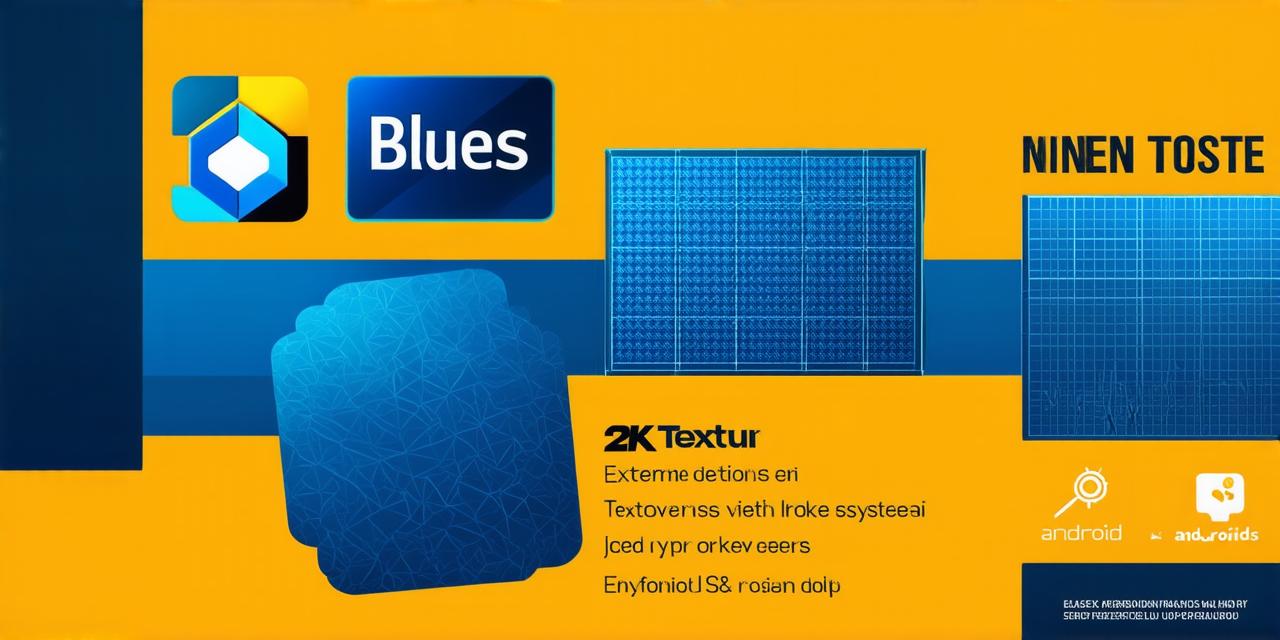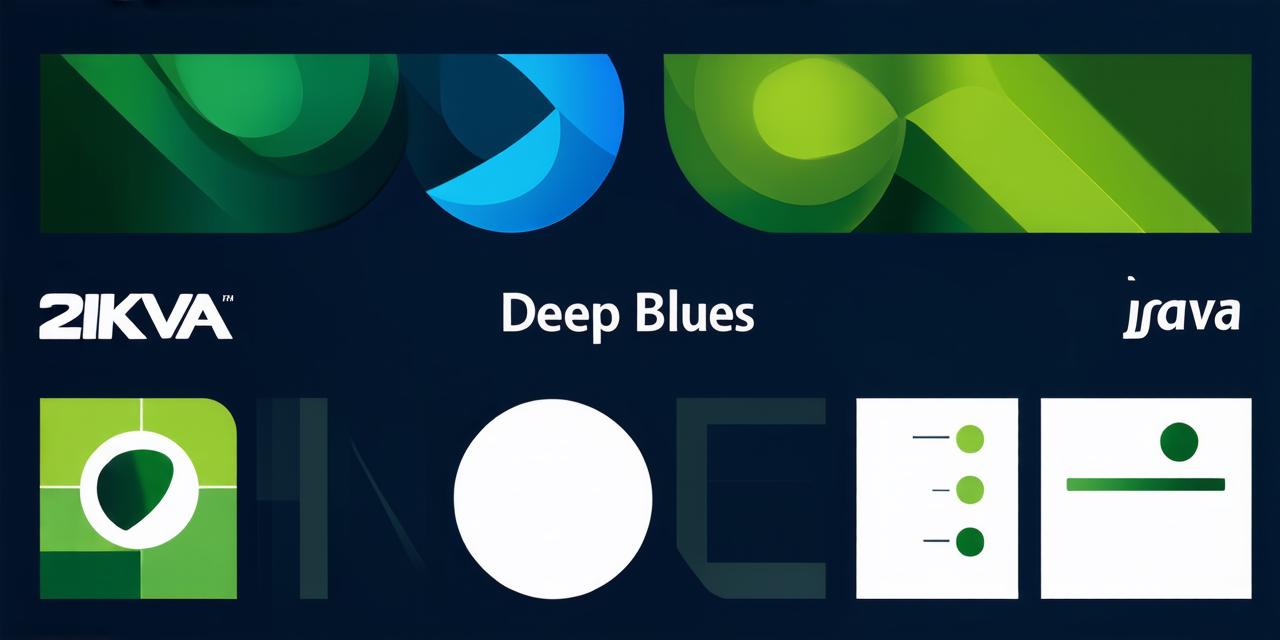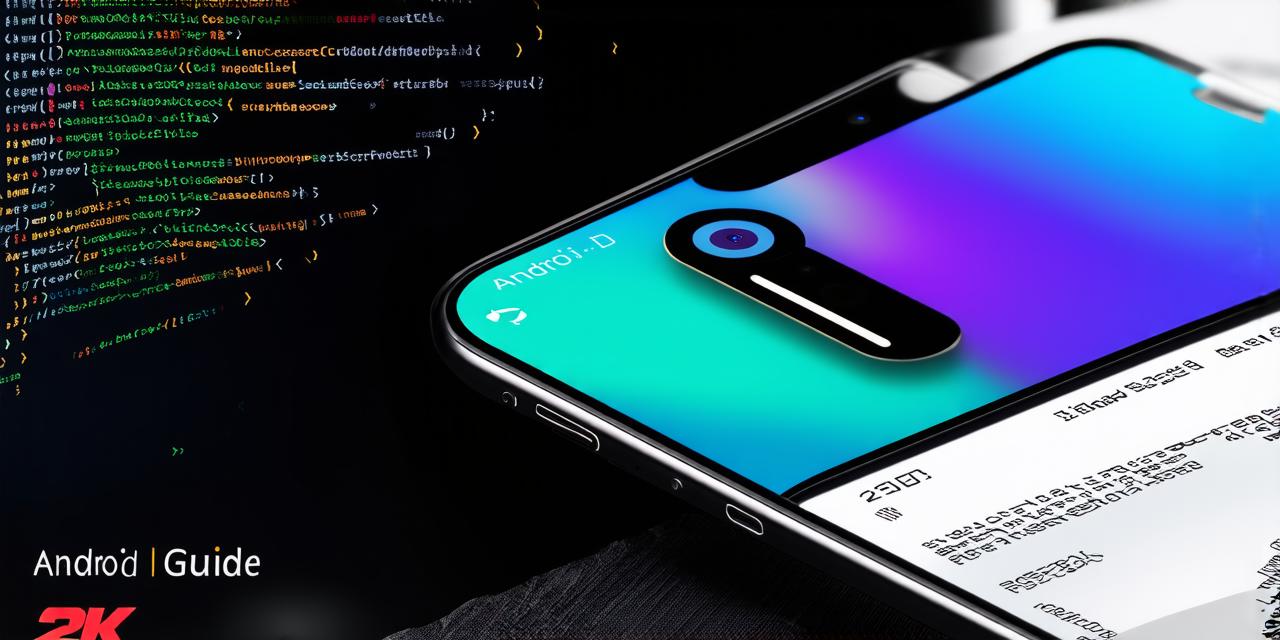If you’re an android game developer, choosing the right operating system (OS) is crucial to the success of your app. With numerous options available, it can be challenging to determine which OS will provide the best platform for your games. In this article, we’ll explore why Android is the top choice for mobile game development and how you can optimize your game’s performance on this popular OS.
Android vs iOS: A Comparison of Mobile Operating Systems
Before diving into the reasons why Android is a superior choice for mobile game development, let’s first examine the differences between the two leading mobile operating systems: iOS and Android.
- Market Share: Android has a much larger market share compared to iOS. With over 80% of the global smartphone market, Android offers a broader reach for developers looking to expand their app’s user base. This means that your game will have access to more potential players, making it an attractive choice for developers.
2. Customization: Android devices offer greater customization options than iOS devices, allowing users to personalize their phones according to their preferences. This is important for game developers because it allows them to create a unique experience for each user, which can increase engagement and retention rates.
3. Cost: Android devices are generally cheaper than iOS devices, making them more accessible to a wider audience. This means that your game will be able to reach a larger number of players who may not have the financial resources to purchase an iPhone or iPad.
4. Google Play vs Apple App Store: Android users can download and install apps from the Google Play store, while iOS users must download apps from the Apple App Store. The Google Play store has a much larger selection of apps than the Apple App Store, making it easier for developers to find a wider audience for their games.
5. Open-Source vs Closed-Source: Android is an open-source operating system, while iOS is closed-source. This means that Android devices can be customized more easily, which can lead to greater innovation and creativity in game development.
6. Updates: When new versions of Android are released, updates are typically available quickly and widely. This means that your game will always have access to the latest features and security enhancements, which is important for developers looking to keep their apps up-to-date and secure.
Why Choose Android for Game Development?
Now that we’ve examined the differences between iOS and Android let’s explore why Android is the top choice for mobile game development.
- Accessibility: As mentioned earlier, Android has a much larger market share compared to iOS. This means that your game will have access to more potential players, making it an attractive choice for developers looking to expand their user base.
2. Customization: Android devices offer greater customization options than iOS devices, allowing users to personalize their phones according to their preferences. This is important for game developers because it allows them to create a unique experience for each user, which can increase engagement and retention rates.
3. Cost: Android devices are generally cheaper than iOS devices, making them more accessible to a wider audience. This means that your game will be able to reach a larger number of players who may not have the financial resources to purchase an iPhone or iPad.
4. Google Play vs Apple App Store: The Google Play store has a much larger selection of apps than the Apple App Store, making it easier for developers to find a wider audience for their games.
5. Open-Source vs Closed-Source: Android is an open-source operating system, which means that it can be customized more easily. This allows for greater innovation and creativity in game development, as developers can create unique experiences for their users without being constrained by the limitations of a closed-source platform.
6. Security: Android devices are generally considered to be more secure than iOS devices. This is important for game developers because it means that they can be confident that their games will not be vulnerable to hacking or other security threats.
7. Updates: When new versions of Android are released, updates are typically available quickly and widely. This means that your game will always have access to the latest features and security enhancements, which is important for developers looking to keep their apps up-to-date and secure.
8. Monetization: Android devices offer a variety of monetization options, including in-app purchases, ads, and subscriptions. This allows developers to choose the best monetization strategy for their game, depending on its target audience and business model.
Real-Life Examples of Successful Android Games
To further illustrate the benefits of choosing Android for game development, let’s look at some real-life examples of successful Android games.
- Candy Crush Saga: Candy Crush Saga is a popular puzzle game that has been downloaded over 500 million times on Android devices. The game is known for its addictive gameplay and colorful graphics, which have contributed to its success. Candy Crush Saga also offers in-app purchases, allowing players to buy additional lives and power-ups.
2. Angry Birds: Angry Birds is another popular puzzle game that has been downloaded over 3 billion times on Android devices. The game features unique levels and challenges, which keep players engaged and coming back for more. Angry Birds also offers in-app purchases, allowing players to buy additional lives and power-ups.
3. Minecraft: Minecraft is a popular building game that has been downloaded over 1 billion times on Android devices. The game features endless creativity, allowing players to build their own worlds and explore new environments. Minecraft also offers in-app purchases, allowing players to buy additional resources and items.
4. Pokémon Go: Pokémon Go is an augmented reality game that has been downloaded over 1 billion times on Android devices. The game features real-world challenges and adventures, which keep players engaged and coming back for more. Pokémon Go also offers in-app purchases, allowing players to buy additional items and power-ups.
Optimizing Your Game’s Performance on Android
Now that we’ve discussed the benefits of choosing Android for game development let’s look at some tips for optimizing your game’s performance on this popular OS.
- Keep Your Game Lightweight: Android devices come in a variety of sizes and specifications, so it’s important to keep your game lightweight and optimized for all devices. This means avoiding large file sizes, complex graphics, and other resource-intensive features that could slow down your game on lower-end devices.
2. Use Optimization Tools: There are a variety of optimization tools available for Android game development, such as Unity’s built-in profiling and optimization tools and the Android Studio Profiler. These tools can help you identify performance issues and optimize your game’s code and graphics for better performance.
3. Test Your Game on Multiple Devices: It’s important to test your game on multiple devices to ensure that it performs well across all platforms. This will help you identify any device-specific performance issues and optimize your game accordingly.
4. Use Efficient Code: Writing efficient code is crucial for optimizing your game’s performance on Android. This means avoiding unnecessary computations, minimizing memory usage, and using threading and other techniques to improve performance.
5. Optimize Your Graphics: Graphics are a key component of any game, so it’s important to optimize them for better performance on Android devices. This means using lower-resolution textures, avoiding complex animations, and minimizing the number of draw calls.
6. Use Efficient Data Structures: Using efficient data structures can help you improve your game’s performance on Android. For example, using a hash table instead of an array can improve lookup times, and using a binary search tree can improve sorting times.
Summary
Choosing Android for game development offers a variety of benefits, including a larger market share, greater customization options, security, and monetization opportunities. By optimizing your game’s performance on Android, you can ensure that it provides a smooth and enjoyable experience for all players.



